$0 Call Out Fee
Water Pump, Sewer Pump, Storm Water Pump, Install Service & Repair
we will go above and beyond to solve your plumbing problems!
1300 00 24 47
24 hr emergency service
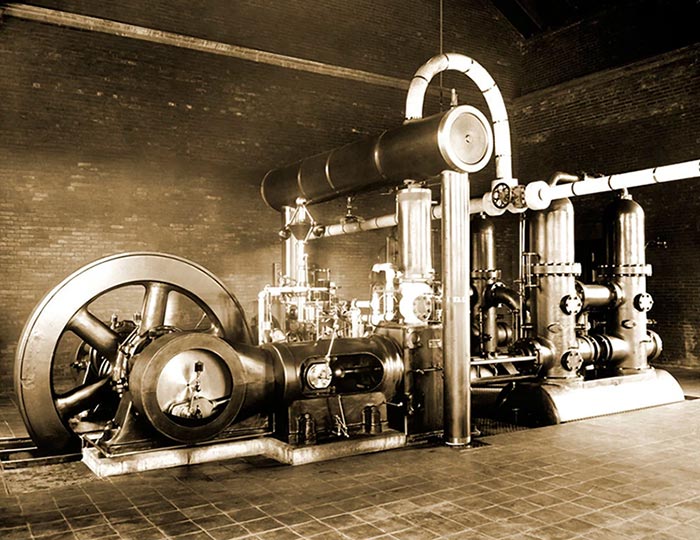
The history of Pumps and how they were introduced into the plumbing systems
The history of pumps dates back to ancient times when early civilizations used simple machines like the water wheel to move water for irrigation and other purposes. Over time, these machines evolved into more complex devices like Archimedes’ screw, which was used to move water uphill.
The modern era of pumps began in the 17th century when the first mechanical pumps were developed. These early pumps were used primarily for mining and other industrial applications. As technology advanced, pumps became smaller, more efficient, and more versatile, and their use expanded into other fields, including plumbing.
In the 20th century, the development of electric motors and other advanced technologies led to the creation of more sophisticated pumps that could handle a wide range of fluids, including hot water, sewage, and chemicals.
Today, pumps are an essential part of the plumbing industry, and they are used in a wide range of applications, from providing hot water to removing waste and excess water from buildings.
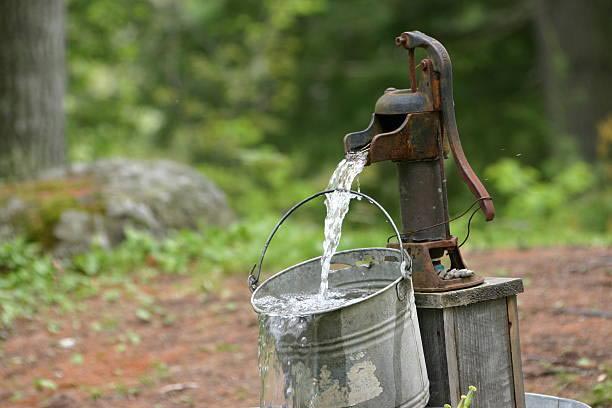
As for us in 24 Hour Service we specialize in providing fast, reliable plumbing services to residential and commercial customers in our local area. Our team of experienced plumbers is equipped with the latest tools and equipment, including high-quality pumps, to handle any plumbing issue quickly and efficiently.
Whether you need a new pump installed or an existing one repaired, our team is here to help. We offer 24/7 emergency service, so you can count on us to be there when you need us most. Contact us today to schedule an appointment or to learn more about our services.
Types of pumps used in the plumbing field and their benefits
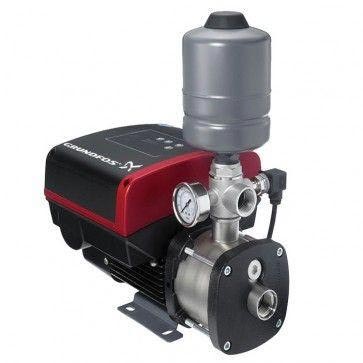
There are various types of pumps used in the plumbing field for a wide range of applications. Some common pumps used in plumbing include:
- Centrifugal pumps: These pumps are commonly used in plumbing for their ability to move large volumes of water at low pressures. They are ideal for circulating hot water and handling wastewater.
- Submersible pumps: These pumps are designed to be submerged in water and are commonly used in applications such as draining flooded areas and sump pits.
- Booster pumps: These pumps are used to increase water pressure in plumbing systems. They are typically used in tall buildings or areas with low water pressure.
- Sewage pumps: These pumps are specifically designed to handle wastewater and sewage in plumbing systems. They are typically used in residential and commercial buildings where the waste needs to be pumped to a sewer or septic tank.
- Jet pumps: These pumps are used in shallow wells and are capable of pumping water from depths of up to 25 feet.
The benefits of using pumps in plumbing include:
- Increased efficiency: Pumps can help to increase the efficiency of plumbing systems by reducing the time and energy required to move fluids from one location to another.
- Consistency: Pumps can help to ensure a consistent flow of fluids throughout a plumbing system, which is particularly important in commercial and industrial applications.
- Improved water pressure: Booster pumps can be used to increase water pressure in plumbing systems, providing better flow rates and improved performance.
- Cost savings: By improving the efficiency of plumbing systems, pumps can help to reduce energy consumption and lower operating costs.
Overall, pumps are an essential component of plumbing systems, providing a wide range of benefits that can help to improve performance and reduce costs.
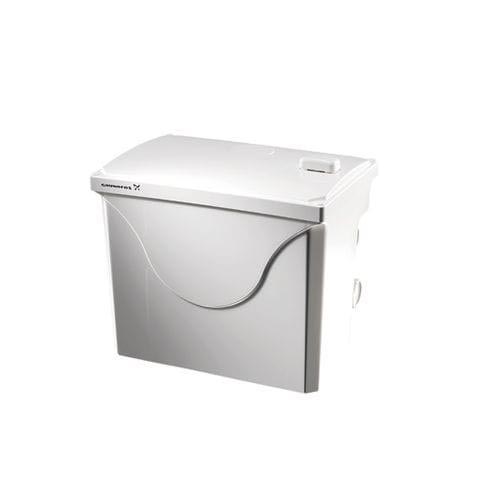
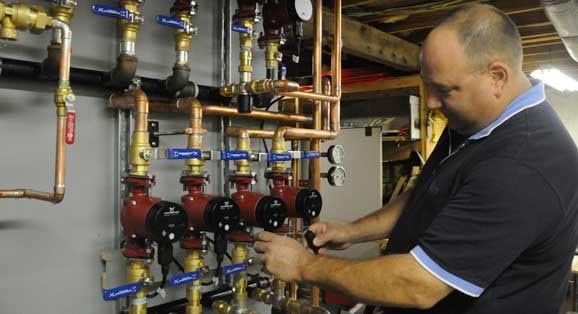
What is the importance of maintenance and service for plumbing pumps
Regular maintenance and service of plumbing pumps is essential to ensure their smooth functioning and prevent breakdowns. Over time, various components of the pump, such as the impeller, motor, and seals, can wear down or become damaged, causing the pump to malfunction or fail.
Neglecting regular maintenance can also lead to the accumulation of debris, sediment, and other contaminants in the pump, which can reduce its efficiency and performance. In extreme cases, clogs can occur, leading to costly repairs or replacement.
Additionally, regular maintenance and service of plumbing pumps can help identify potential issues before they become more significant problems. Early detection of wear and tear, leaks, or other malfunctions can help prevent more severe damage and save time and money in the long run.
Overall, proper maintenance and servicing of plumbing pumps can help ensure their longevity, reliability, and optimal performance, which is crucial in any plumbing system.



